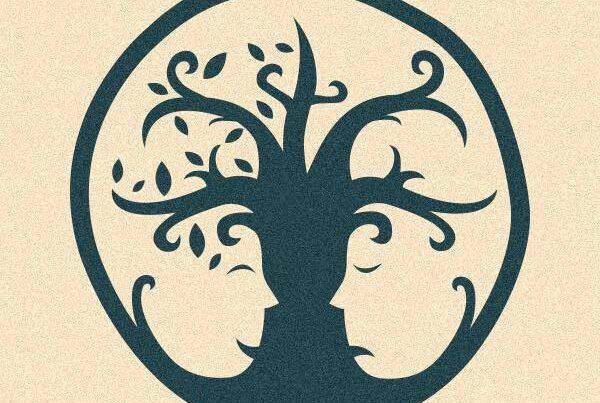As a part of Take a Child to the Theatre Today campaign and the celebration of the World Theatre Day, ASSITEJ Serbia has organized a workshop We Have Learned from the Children (How to Present Children’s Theatre) for its members. The workshop aimed at exploring the ways a theatre or programme for children can be presented through different means and language which is, as stated by the workshop moderator Marijana Cvetkovi?, “supported by theatres for children, in their attempt to promote imagination, creativity, curiosity, interest, love for art, and all the other aspects which cannot be achieved without theatres”. The workshop was open for theatre professionals from creative and non-creative sectors, who represent their theatres on various occasions.
On the occasion of the World Theatre Day, this year’s ASSITEJ Serbia message has been written by Ljubica Beljanski Risti?, one of the founders, a long-standing member and now an honorary member of ASSITEJ Serbia:
“I have always loved the month of March; although it is not the month in which I celebrate my birthday, it is the month in which my mom, my dad, and my sister celebrated theirs… Apart from that, March marks the beginning of spring, it is a month in which we mark and celebrate some wonderful days – the Day of Science, the day of art and many other life values and human rights – the day of writers, World Maths Day, International Women’s Day, World Rivers Day, Happiness Day, World Poetry Day, World Theatre Day … and among them, one day which I hold particularly dear and consider especially important – 20th March – The World Day of Theatre for Children and Young People – this year once again celebrated by the International Association of Theatre for Children and Young People, ASSITEJ, worldwide.
This year, ASSITEJ sends out its massages, written by the leading artists for children and young people, and reminds adults once again that they are the ones on whom the encounter between children and art depends… that they should make an effort and bring children to theatre… As stated by Yvette Hardy, the president of ASSITEJ International, children, especially the youngest ones, cannot go to theatre on their own. This year, she is accompanied by the renowned Mexican writer for children, Francisco Hinojosa, who draws attention to the important fact that children in theatre turn into participants who share their feelings and develop their imagination in the process… that theatre makes their world different and helps them see below the surface.
ASSITEJ Serbia celebrates this day every year by inviting the general community to take part in theatre events dedicated to children and young people in Serbia. It spreads the voice of the world to its members – theatres for children and young people, theatre troupes, artists and other experts who create for children and young people – and adds its own voice in a desire to remind of the importance, the relevance and the responsibility we have in promoting every child’s right to play and fully participate in art and culture in its surrounding.
Theatre is known to be of high importance for the child’s development not only in the sense that it creates young audience but also because it creates active participants in theatre-making process owing to its ability to facilitate creativity, creatively shaped image of the world and human relations, models of behaviour and values, thus being an important factor in the creation of the child’s personality and the system of values.
However, although experts keep reminding us of all those facts, everyday problems keep alienating us from each other making us neglect the fact that if child is not properly motivated in terms of human relations, culture, and necessary knowledge in the period most suitable for its acquisition, harmful effects will inevitably become evident. Errors are not easily mended and the consequences can be devastating.
Furthermore, it is becoming increasingly more evident that theatre for children and young people is constantly torn between well-trodden paths and easy solutions (which often involve treating children as lucrative audience), and the unknown paths waiting to be discovered and explored. Those latter ones offer high artistic levels and a chance for children to experience the full value of theatre – through game and various forms of drama and/or through growing into young audience who appreciates theatre in all its varieties and forms of expression.
We should try and take this year’s ASSITEJ message seriously. We should take theatre for children and young people seriously. We should also take our responsibility to find time both for children and for ourselves seriously. We should do whatever we can and not abandon them to superficiality which has become ubiquitous and visible even in theatre for children and young people.
We are going through a changeable process of establishing every child’s right to grow up with theatre. What we create reflects the time and surrounding in which the process has taken place. These messages reflect the time and world we live in but also the world of possibilities, provided that we make an effort to accept the responsibility and introduce more light into reality. If we manage to do that, the closed will start opening up, the already opened will start growing, and the participants in those changes, both children and adults, will feel its beauty and its benefit, and, most of all, full sense and significance.
Maybe it is not by accident that The World Day of Theatre for Children and Young People takes place in March, in this volatile, changeable month; in the month when sunny days are unexpectedly succeeded by cold and snowy ones… and then the Sun comes out again.”






